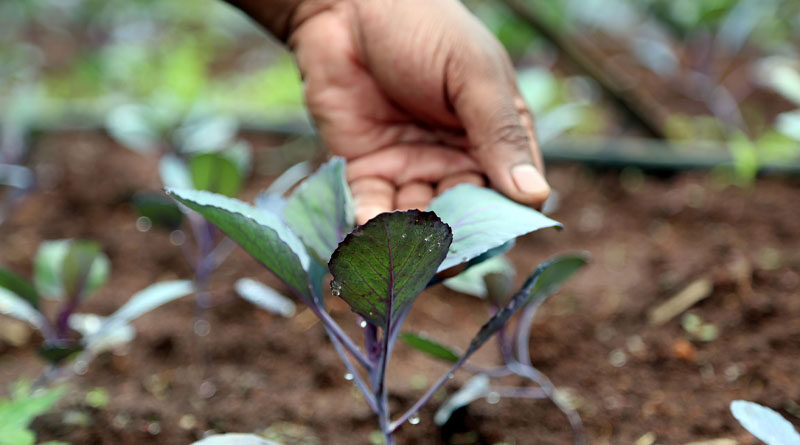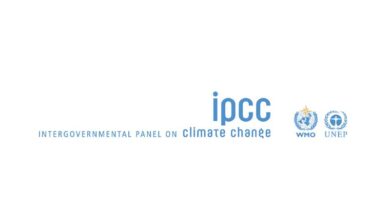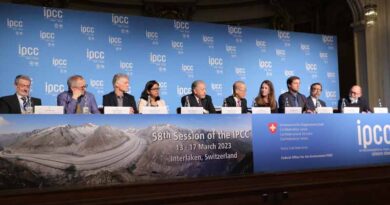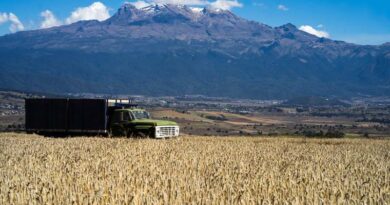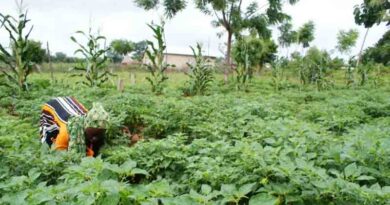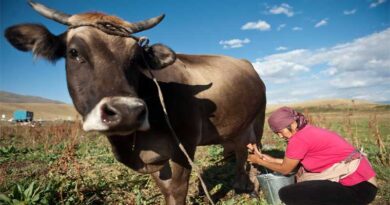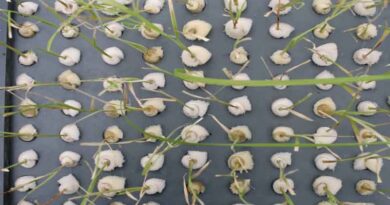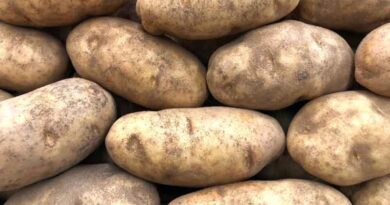Latest IPCC report highlights the critical need to transform agrifood systems as a way to mitigate and adapt to climate change
21 March 2023, Rome: Transforming agrifood systems is essential to adapt to human-caused climate change and reduce greenhouse gas emissions, the Food and Agriculture Organization of the United Nations (FAO) said today in the face of the latest report published by the Intergovernmental Panel on Climate Change (IPCC).
The Synthesis Report, the last of the Sixth Assessment report cycle, done in a collaborative effort between governments and scientists from all over the world, confirms that human activities, mainly through emissions of greenhouse gases, have unequivocally caused global warming. These include unsustainable energy use, land use and land-use change, as well as consumption and production patterns.
The report underlines that 22% of global greenhouse gas emissions right now come from agriculture, forestry, and land use.
The synthesis also paints a clear way ahead, underscoring that the solution lies in climate-resilient development and holistic measures to adapt to climate change that also reduce or avoid greenhouse emissions.
“Agriculture and food security are already threatened by climate change, in particular in Small Island Developing States, Least Developed Countries and Land-Locked Countries, affecting the livelihoods of smallholder farmers, pastoralists, forest-dependent people, fishers, Indigenous Peoples and women”, said FAO Deputy Director-General Maria Helena Semedo.
“We need to act now at scale. Building sustainable and resilient agrifood systems is fundamental to tackling the climate crisis, food insecurity and biodiversity loss”, she underscored.
Climate action through food and agriculture
Indeed, the IPCC scientists highlight with high confidence that many agriculture, forestry and land use options provide adaptation and mitigation benefits that could be upscaled in the near term across most regions.
For example, – they say- conservation, improved management, and restoration of forests and other ecosystems offer the largest opportunity to counteract the economic damages caused by climate-related disasters.
Examples of effective adaptation options include cultivar improvements, on-farm, water management and storage, soil moisture conservation, irrigation, agroforestry, community-based adaptation, farm and landscape level diversification in agriculture and sustainable land management.
The IPCC also notes the importance of integrated approaches to meet multiple objectives, including food security, and underscores that shifting to healthy diets and reducing food waste, along with sustainable agriculture, can reduce impacts on ecosystems and free up land for reforestation and biodiversity restoration.
The synthesis also points out that while climate change policies and laws have improved, policy coverage remains limited in some sectors such as agriculture, and the barriers preventing the implementation of mitigation measures in agriculture, forestry and other land use sectors are financial, institutional and governance-related.
“The report shows how agriculture can be central to climate action. It highlights that Agriculture is already impacted by climate change, showing that its adaptation is urgent to ensure food security and nutrition leaving no one behind”, FAO Deputy Director-General Semedo highlighted.
“Agriculture including crop and livestock production, forestry, fisheries and aquaculture, offers solutions that contribute to both adaptation and mitigation”, she added.
The synthesis further highlights how central water is to all sectors for their adaptation. In this context, FAO supports integrated water resources management to face water-related challenges in the context of climate change. Looking ahead, the UN 2023 Water Conference is of particular importance for Agriculture.
FAO Strategy on Climate Change
FAO is already working towards the report’s recommendations, including fostering climate resilience and adaptation in the agrifood sector.
The FAO Strategy on Climate Change looks beyond food production by considering crops and livestock, forests, fisheries and aquaculture and related value chains, livelihoods, biodiversity and ecosystems in a holistic manner, as well as embracing the indispensable role of women, youth and Indigenous Peoples, as essential agents of change.
It considers different contexts and realities, including rural, peri-urban and urban areas, and supporting countries, as appropriate, in designing, revising and implementing agrifood systems related parts of their country-driven commitments and plans, including nationally determined contributions (NDCs), national adaptation plans (NAPs), nationally appropriate mitigation actions, long-term low greenhouse gas emission development strategies, disaster risk reduction plans and other related targets and commitments.
Moreover, the Strategy considers different dimensions of risk, including the risk of non-acting, systemic risks, climate and environmental risk reduction, the specific needs and capacities of people and communities in vulnerable situations and integrating climate risk management in FAO’s areas of work.
FAO also works as a delivery partner for the Green Climate Fund (GFC), the world’s largest climate fund mandated to support developing countries to raise and achieve the ambition of their national climate plans.
Since becoming partners in 2016, FAO and the GCF have been scaling up climate investments in high-impact projects that make the agriculture, forestry and fisheries sectors more efficient, inclusive, sustainable and resilient to climate change. The portfolio now exceeds over 1 billion.
The Organization also works on specific initiatives including the SAGA and SCALA programmes which focus on climate solutions in some of the most vulnerable parts of the world.
Anticipating and responding to major threats to agrifood systems related to extreme weather events is another important area of FAO’s work. This includes anticipatory action through early warning systems that consist of extreme weather advisories and predictions, funds and technical resources.
“COP28 is just around the corner and the IPCC report gives the final push to take action in the ‘race to a better world’. We have the evidence and the innovative solutions, and we know what works. It’s time to break down the barriers and build synergies”, said Zitouni Ould-Dada, Deputy Director of the FAO Office of Climate Change, Biodiversity and Environment and Focal Point for the IPCC.
Also Read: Diageo India launches regenerative agriculture program in Punjab and Haryana farmers
(For Latest Agriculture News & Updates, follow Krishak Jagat on Google News)

